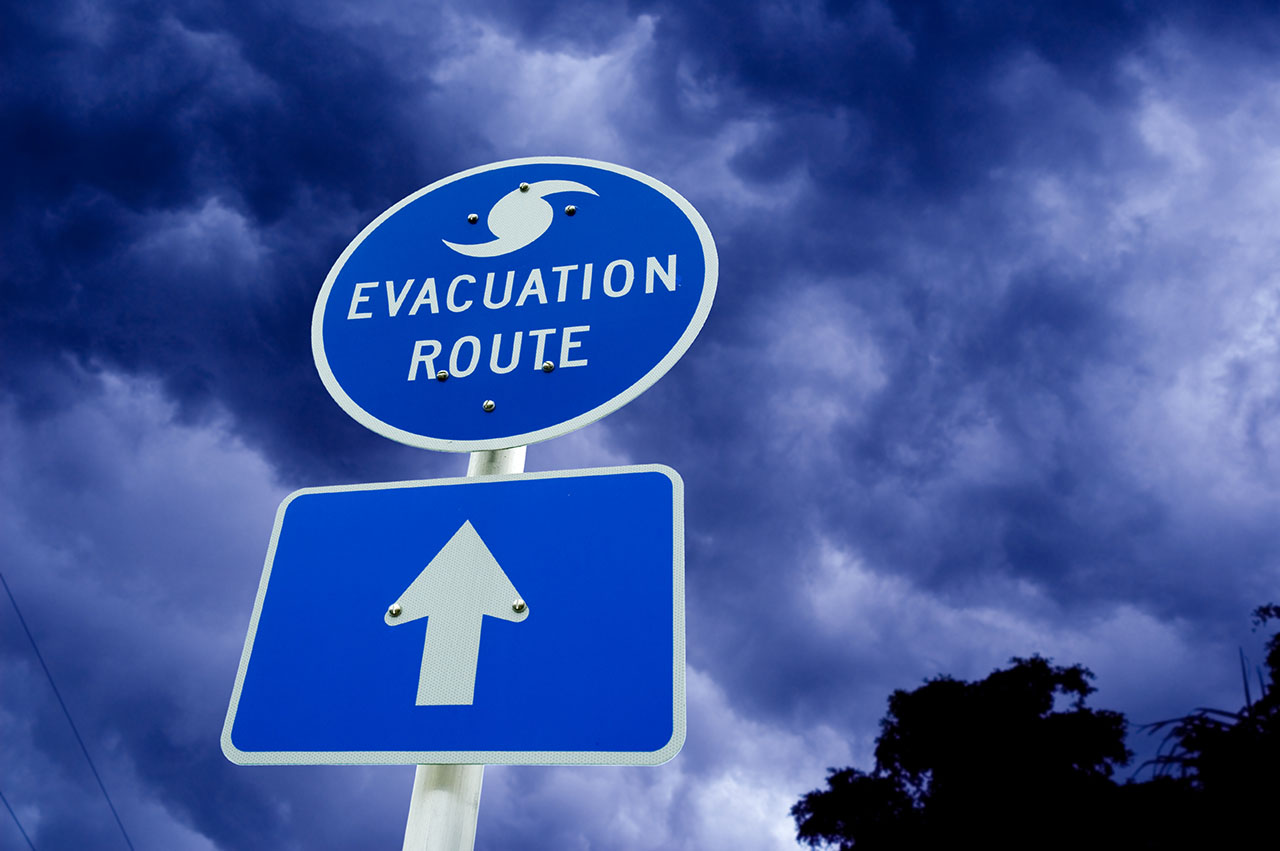Prepare Now Before Disaster Strikes

Emergencies, such as natural disasters or health crises, are potentially dangerous. Be sure you’re prepared to keep yourself and your family safe.
Unfortunately, statistics show that not everyone is as prepared as they could be. According to Federal Emergency Management Agency (FEMA) research, despite 80 percent of respondents to the 2019 National Household survey saying they had gathered enough supplies to last three or more days, only 48 percent said they had an emergency action plan.
Planning ahead is critical. Hurricane season begins June 1, and the Centers for Disease Control and Prevention (CDC) recommends that those living in coastal areas prepare now.
Include these essential items in your family’s emergency plan:
- Write emergency numbers on paper. Place these numbers near the phones in your home or on the refrigerator. In addition, program the numbers into your cell phone.
- Prepare an emergency supply kit. It’s hard to know what you may need in an emergency, so having an emergency supply kit is essential. There may not be time to gather the supplies you need once disaster strikes. In your emergency supply kit, include the following items:
- Food and water. Include three days’ worth of nonperishable food items that are easy to store and prepare and water (1 gallon per day for each person and pet in the home).
- Medications. If you are able and your pharmacy plan allows, try to have at least a two-week supply of all prescription medications for every individual in your home. If that is not possible, refill your medications regularly and keep them in a place that is easily accessible.
- Power sources. You’ll need flashlights, lanterns, extra batteries, and external power sources that can be charged in advance of a hurricane.
- Important documents. Medical documents, wills, passports, and personal identification should be kept together and easily accessible.
Locate the nearest shelter and plan your evacuation route. Be prepared to evacuate if and when instructed by local officials. Have a plan in place for pets, such as identifying ahead of time shelters, pet-friendly hotels, or relatives/friends who live outside the evacuation area.























